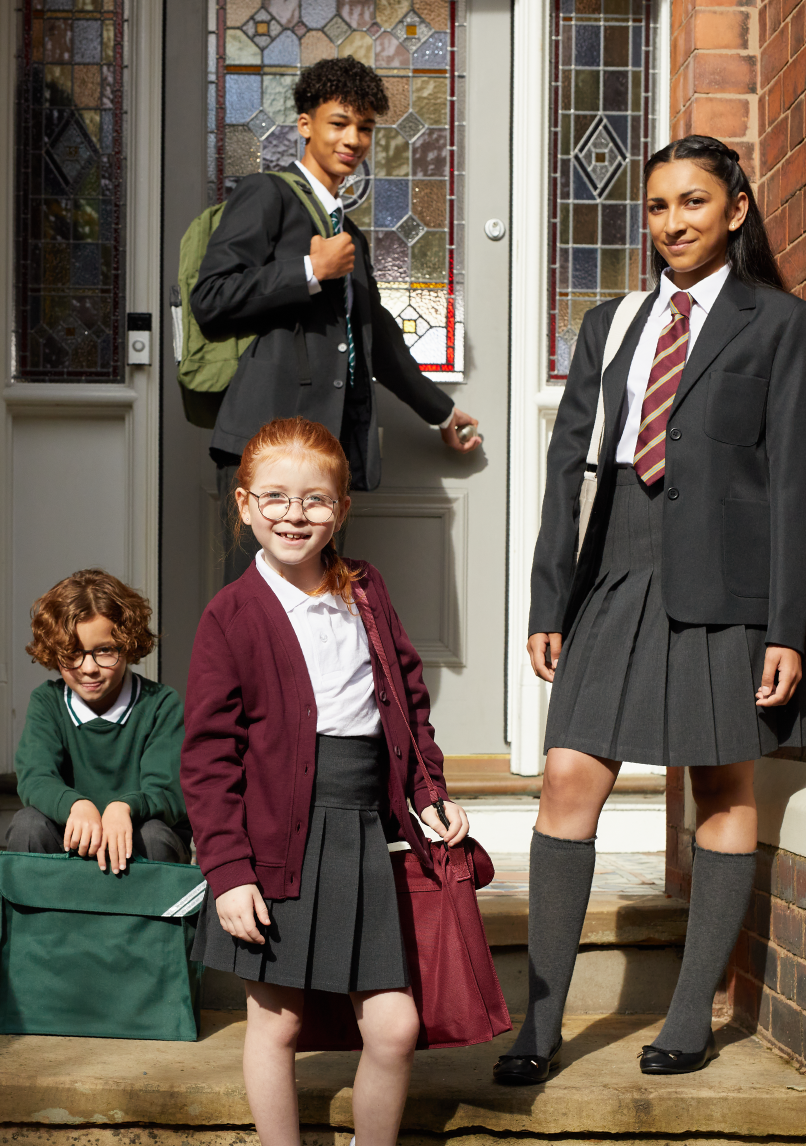What are the environmental impacts of lockdown?
Billions of people around the world stayed home to contain the pandemic of COVID-19. This led to the closure of schools, shops, businesses, attractions and restaurants. Meaning our ‘normal’ way of life now restricted, and many of us confined to our homes, the world entered a unique period of healing. We caught up with Samantha Leigh, our Sustainability Lead at David Luke, to find out what Mother Nature got up to when we went into lockdown.
“Lockdown saw a decline in our day to day activities which led to positive environmental effects on the world. Data from NASA shows some pollutants fell drastically after the lockdown started, and a decrease in transportation and business activity showed that atmospheric nitrogen dioxide (NO2) over Asia and Europe dropped by as much as 40% in January and February, compared with the same period in 2019.”
Data source: Tropospheric Monitoring Instrument (TROPOMI) on ESA’s Sentinel-5 satellite
Image credit: Josh Stevens / NASA Earth Observatory
“What I found most inspiring was the physical change in some of our most urban settings. We saw clear water in the Venice canals, wild animals roaming in our cities and crystalline blue skies across many parts of the world. A study revealed that an improvement in air quality over the past few months led to 11,000 fewer deaths from pollution in the UK and across Europe.”
What young environmentalists got up to in lockdown
As passionate advocates of sustainability in action, we were intrigued to find out how our
16under16 crew have been coping with life in lockdown. First up, we hear from Mia, to find out how her community activism was impacted by life on the inside. Get some great tips on how to save the world from your sofa.
Have you found any useful or innovative educational resources that link to sustainability?
Mia: I am using
ocean hero which every search you do it gets rid of 1 plastic item from the sea and also we make our own beeswax cover for food.
For ideas on how to make your own beeswax cover click
here.
Which things from lockdown would you like to remain?
Mia: Because of lockdown there are hardly any cars on the road and I would want it to stay like that. For instance, more people go out on their bikes and are using less plastic bottles. We grew our own vegetables, ate less processed food and bought fruit and veg which was locally grown.
Check out this
website for ideas on how to grow your own vegetables.
Have any of your friends or family become more interested in sustainability issues in lockdown? e.g. conscious shopping habits?
Mia: People are cycling more, using their cars less, people are getting out more and using less electronic devices.
How have you continued with your environmental missions whilst in lockdown?
Mia: I am reducing leftovers and not throwing much food away. We recycle everything and make things out of them; we are upcycling old T-shirts and lots more.
The environmental impacts of lockdown has led to an increase in air quality all around the world. The result of factory and road closure means a reduction in emissions. It has allowed us time to make home improvements, think more sustainable and adapt to a new way of life.
Could this be the opportunity to build back a greener, more sustainable economy? We certainly think so.








